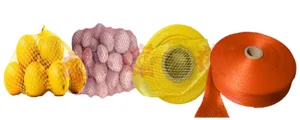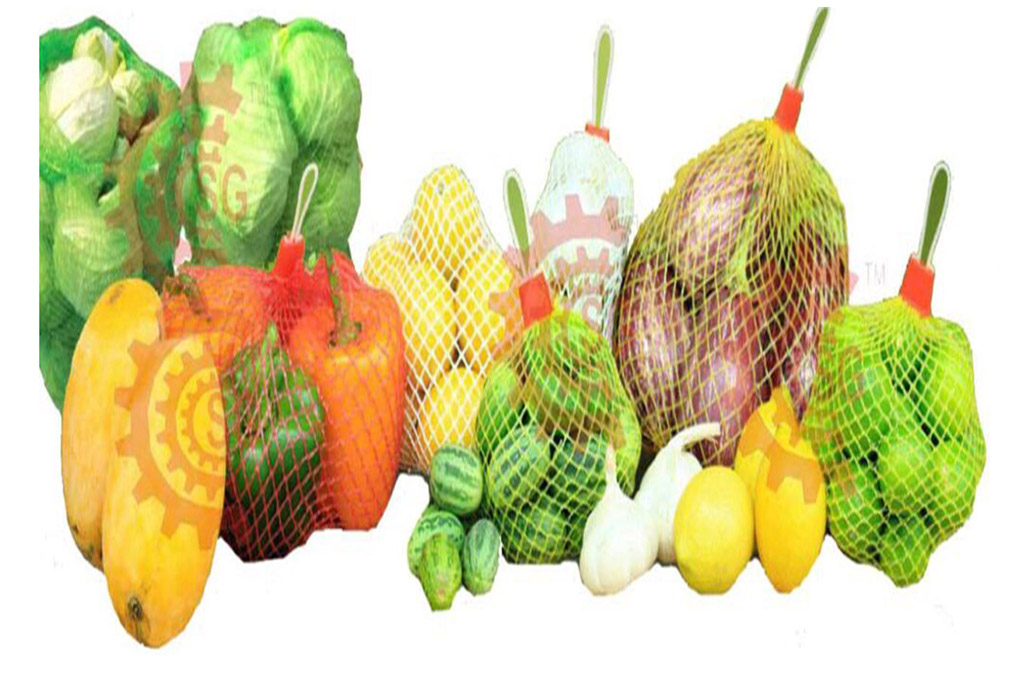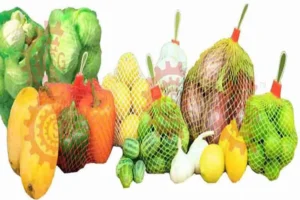
Introduction Tubular Mesh Bags
In the world of packaging, there are various options available to ensure the safe transportation and storage of fruits and vegetables. One such option is the tubular mesh bag, which is specifically designed for fruit and vegetable packaging. This blog post will explore the benefits of using tubular mesh bags, the process of manufacturing them, and where to find the best prices and manufacturers in India.
The Advantages of Tubular Mesh Bags
Tubular mesh bags offer several advantages when it comes to fruit and vegetable packaging. Here are some of the key benefits:
- Protection: Tubular mesh bags provide a protective barrier that helps prevent damage to fruits and vegetables during transportation and storage. The mesh design allows for proper airflow, which helps to maintain the freshness and quality of the produce.
- Visibility: The mesh design of these bags allows customers to easily see the contents, which can be a great selling point for fresh produce. This visibility also helps with inventory management, as it allows for easy identification of the contents without the need to open the bag.
- Convenience: Tubular mesh bags are lightweight and easy to handle, making them convenient for both producers and consumers. They are also reusable and recyclable, making them an eco-friendly packaging option.

The Manufacturing Process of Tubular Mesh Bags
Tubular mesh bags are typically made using a specialized machine known as a tubular handbag soft net making machine. This machine is designed to produce tubular mesh bags of various sizes and specifications. The manufacturing process involves the following steps:
- Material Selection: The first step in the manufacturing process is selecting the appropriate material for the mesh bags. Typically, these bags are made from high-quality polypropylene or polyethylene material, which provides the necessary strength and durability.
- Knitting: The selected material is then fed into the tubular handbag soft net making machine, which uses a raschel knitting technique to create the mesh pattern. This knitting process ensures that the bags have the necessary strength and flexibility to hold and protect the fruits and vegetables.
- Cutting and Sealing: Once the mesh is knitted, the machine cuts the tubular mesh into individual bags of the desired length. The bags are then sealed at the bottom to ensure that the produce remains secure during transportation and storage.
- Packaging: After the bags are cut and sealed, they are packaged into rolls or bundles, ready for distribution to fruit and vegetable producers.
